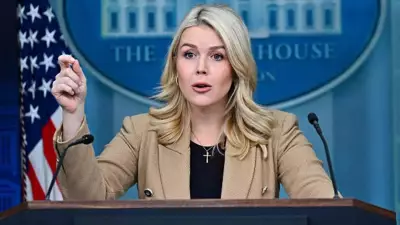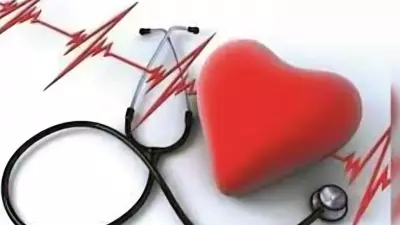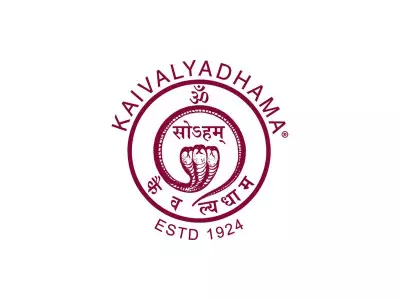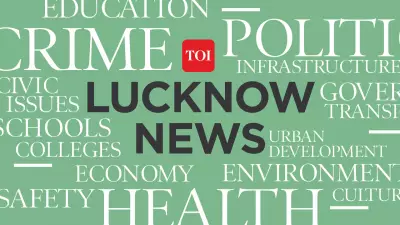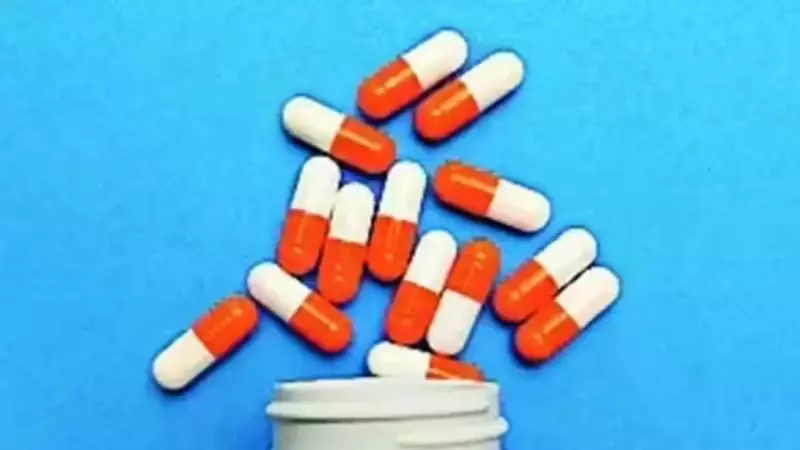
In a groundbreaking verdict that could transform access to life-saving treatments in India, the Supreme Court has delivered a massive blow to Swiss pharmaceutical giant Roche while handing a significant victory to domestic drug manufacturer Natco Pharma.
The court upheld Natco's right to produce and market a generic version of Risdiplam, Roche's expensive spinal muscular atrophy (SMA) treatment, potentially making the crucial therapy accessible to thousands of Indian patients at a fraction of the current cost.
What This Means for SMA Patients
Spinal muscular atrophy is a rare genetic disorder that progressively destroys nerve cells, leading to muscle wasting and paralysis. Without treatment, it's often fatal, particularly in children. Roche's brand-name version of Risdiplam costs approximately ₹1.8 crore (over $200,000) per year per patient, placing it far beyond the reach of most Indian families.
Natco's generic alternative is expected to be priced significantly lower, potentially bringing treatment costs down by 80-90%. This could be life-changing for the estimated 20,000-25,000 SMA patients in India who currently cannot afford the expensive imported medication.
The Legal Battle Behind the Breakthrough
The legal confrontation began when Roche attempted to block Natco from launching its generic version, claiming patent protection. However, the Supreme Court ruled that Natco had the legal right to proceed with its product, dealing a substantial setback to the multinational pharmaceutical company's market exclusivity in India.
This judgment reinforces India's position on balancing patent rights with public health needs, following the country's established precedent of prioritizing access to affordable medicines over corporate profits.
Broader Implications for Healthcare
This decision marks another chapter in India's ongoing effort to ensure essential medicines remain accessible to its population. The country has previously used compulsory licensing and other legal mechanisms to enable local production of generic versions of patented drugs for diseases ranging from cancer to HIV.
The ruling is particularly significant because SMA treatment represents one of the most expensive therapeutic categories, and improved access could dramatically change outcomes for affected children and their families across the nation.
Healthcare advocates are celebrating the verdict as a triumph for patient rights and a step toward more equitable healthcare in India, where out-of-pocket medical expenses often push families into poverty.

